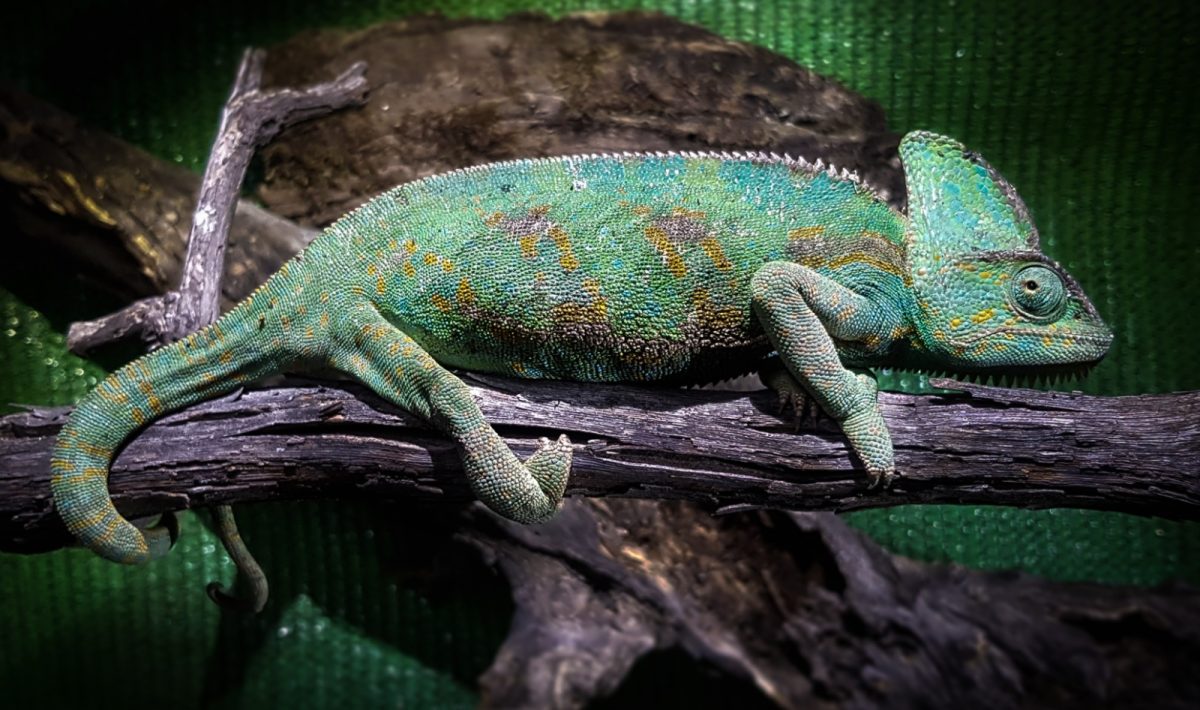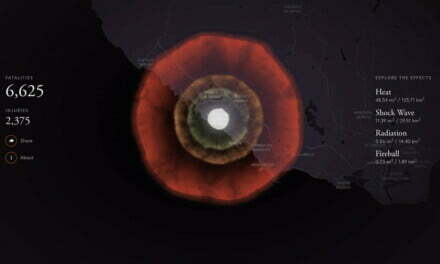The Canary Islands Ministry of Ecological Transition, Fight against Climate Change and Territorial Planning, through the Canary Islands Early Warning Network for the Detection and Intervention in cases of Invasive Alien Species (RedEXOS) working the public company Gesplan, have, since 2017, located a total of 66 specimens of Yemen chameleon on Gran Canaria, mainly in the municipality of Arucas.

This invasive species on the islands can pose serious danger to some animals and plants endemic to the Canary Islands and even just possessing them, as with the Californian Kingsnake, among other examples, is illegal throughout the Archipelago, only possible under special license.
These arboreal reptiles being on Gran Canaria is largely due to human actions, and citizen collaboration is essential for their detection and removal from the natural environment. For this reason, RedEXOS has a web portal and a mobile application through which sightings of any species considered invasive can be reported, in addition to calling 646 601 457 or emailing redexos@gobiernodecanarias.org.
This species is native to southwestern Saudi Arabia and Yemen, where it inhabits plateaus of mountainous regions above 2,800 meters, forests and low-lying agricultural fields. About a third of the specimens located on Gran Canaria were female. Their reproductive capacity allows them to lay from 12 to 80 eggs in each clutch, which can be repeated several times a year.
Red de Alerta Temprana/ Early Warning Network
The Network for the Detection and Intervention of Invasive Alien Species in the Canary Islands (RedEXOS) emerged in 2017 as a pilot project of the Government of the Canary Islands with the aim of locating, identifying, analysing, controlling or eradicating new arrivals or populations of invasive alien species (IAS) or with invasive potential, thus preventing their establishment or expansion.
Recently, and as established in art. 14 of Royal Decree 630/2013, of August 2, which regulates the Spanish Catalogue of Invasive Alien Species, officially designates the Canary Islands as the focal point of the State Alert Network, thus creating the Canary Islands Early Alert Network ( Decree 117/2020, of November 19, which deals with the State Alert Network for surveillance of invasive alien species, creates and regulates the Early Warning Network of the Canary Islands for the detection and intervention of invasive alien species).
The management of the platform and interventions by the network’s resources are articulated around citizen participation, encouraging warnings of the presence of any invasive exotic species. Both the web portal and the mobile application use the collaboration of citizens as a key factor to detect any need for action, in such a way that it contributes to raising awareness about the need to preserve our biodiversity. This allows the recording information on the territorial distribution of species and their evolution and monitoring over time.













